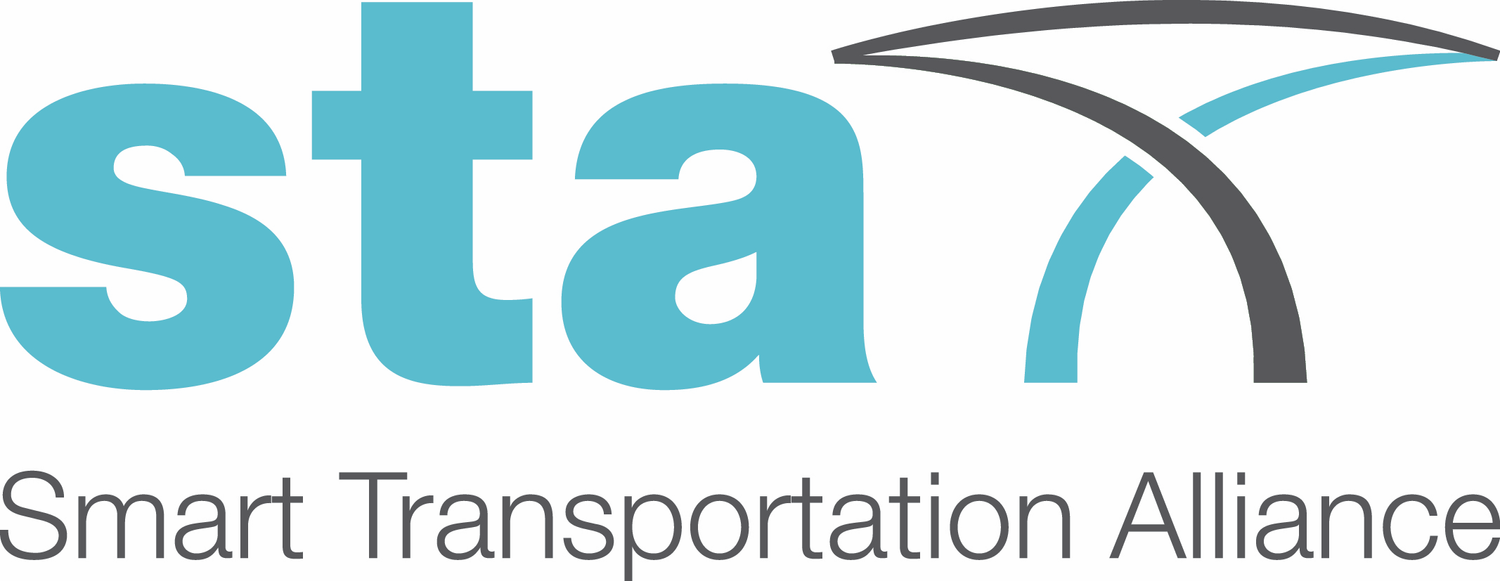STA Newsletter
Issue # July - August 2017
A bi-monthly online journal providing news and background about activities undertaken by STA with a view to improving the methods, technologies and standards associated to transportation infrastructures.
28 November: Book your agenda for the 2017 STA Annual Conference
18 August 2017
This one-day landmark event brings together key opinion leaders and business professionals to explore the current state and future of Smart Transportation Infrastructures across modes and the Smart City in a unique and dynamic atmosphere.
STA Annual Innovation Awards: Submit your entry until 6 October 2017
21 August 2017
The 2017 STA Annual Conference will be coupled with the award ceremony of the 2nd edition of the ‘STA Annual Innovation Awards’.
The ‘STA Annual Innovation Awards’ honour global innovators that have decisively contributed to deploying Smart Transportation Infrastructures (“Person of the Year” Category) and to improving the methods, technologies and standards associated to transportation infrastructures (“Best Innovation Solution/Project” Category).
STA General Meeting 2/2017 held on 19 July 2017
24 July 2017
For the 2nd time this year, the STA members participated in a General Meeting and reviewed the progress made over the agreed 2017 work plan. Further, a decision was made to schedule a new STA Annual Conference and Innovation Awards on 28 November 2017.
The University of Technology of Compiègne (UTC) joins STA
11 July 2017
UTC is both a French national university and an engineering school, with autonomous training and pedagogy and an innovation-intensive, interdisciplinary technological research program. UTC produces graduates (engineers, Master’s degree, PhDs) capable of taking into account the interactions of technologies with Mankind and Society at large and of evolving in a world-scale competitive environment, with the aim of complying with sustainable development policies.
STA welcomes a new member: Transpolis
04 July 2017
TRANSPOLIS is the unique smart city lab in Europe dedicated to innovative transportation systems and road equipment. TRANSPOLIS offers a 200-acre site for the reinvention of urban mobility solutions through systemic innovation and strategic partnerships.
HIPEBA project ends confirming positive results for High Performance Steels (HPS) in road safety barriers
10 August 2017
On 30 June 2017, the HIPEBA project has officially ended. Over the last three years, the Consortium has assessed how High Performance Steels (HPS) used in the context of Road Restraint Systems (RRS) can increase their containment level while reducing the cost of industrial production of such systems.
“
From a user perspective, transport infrastructures should offer the highest safety and security levels that technological progress to date allows.
”
NEWS OF INTEREST
The road to resilience: sharing technical knowledge on transport across borders
For many countries, damages and losses related to transport are a significant proportion of the economic impacts of disasters, often more than destruction to housing and agriculture in value terms. For example, a fiscal disaster risk assessment in Sri Lanka highlighted that over 1/3 of all damages and losses over the past 15 years were to the transport network. In addition, climate change increases the damages and losses.
M3 smart motorway technology goes live
The technology element to the £174m M3 smart motorway project between junctions 2 to 4a has gone live and a 70mph speed limit established across to the entire road.
The upgrade converted the hard shoulder of a 13.4 mile section of the M3 between Farnborough and the M25 to an extra traffic lane, with construction being completed last month.
Iron oxide nanoparticles for magnetically-triggered healing of bituminous materials
Healing of micro-cracks is crucial for recovering the mechanical properties and extending the service time of bituminous materials. However, crack closure is often challenged by the efficiency and repeatability of the healing process or its technical and economic feasibility for large-scale applications. Here, we propose an innovative method to close micro-cracks in bituminous materials by using magnetically-triggered iron oxide nanoparticles as heating agents.
Optimising e-mobility use for everyday life
People choose different transportation methods for work commutes, leisure activities and running errands. Each activity in daily life might require a different form of mobility, and sometimes it makes sense to link some appointments. In the future, the optimum solution could be suggested by a mobility app. A prototype of an electronic assistant for mobility customers and other tools for providers of mobility services were recently presented by the BiE project.










